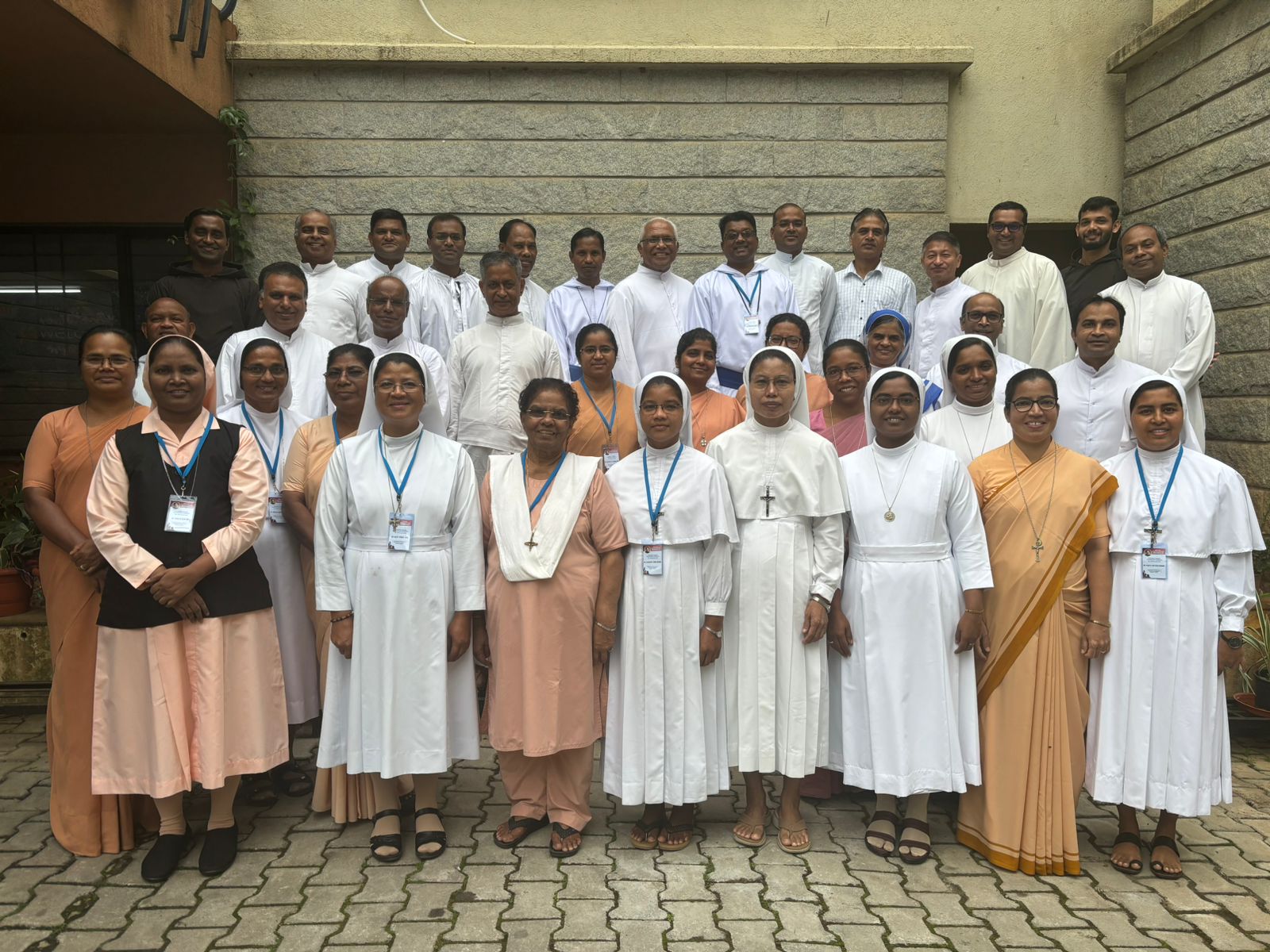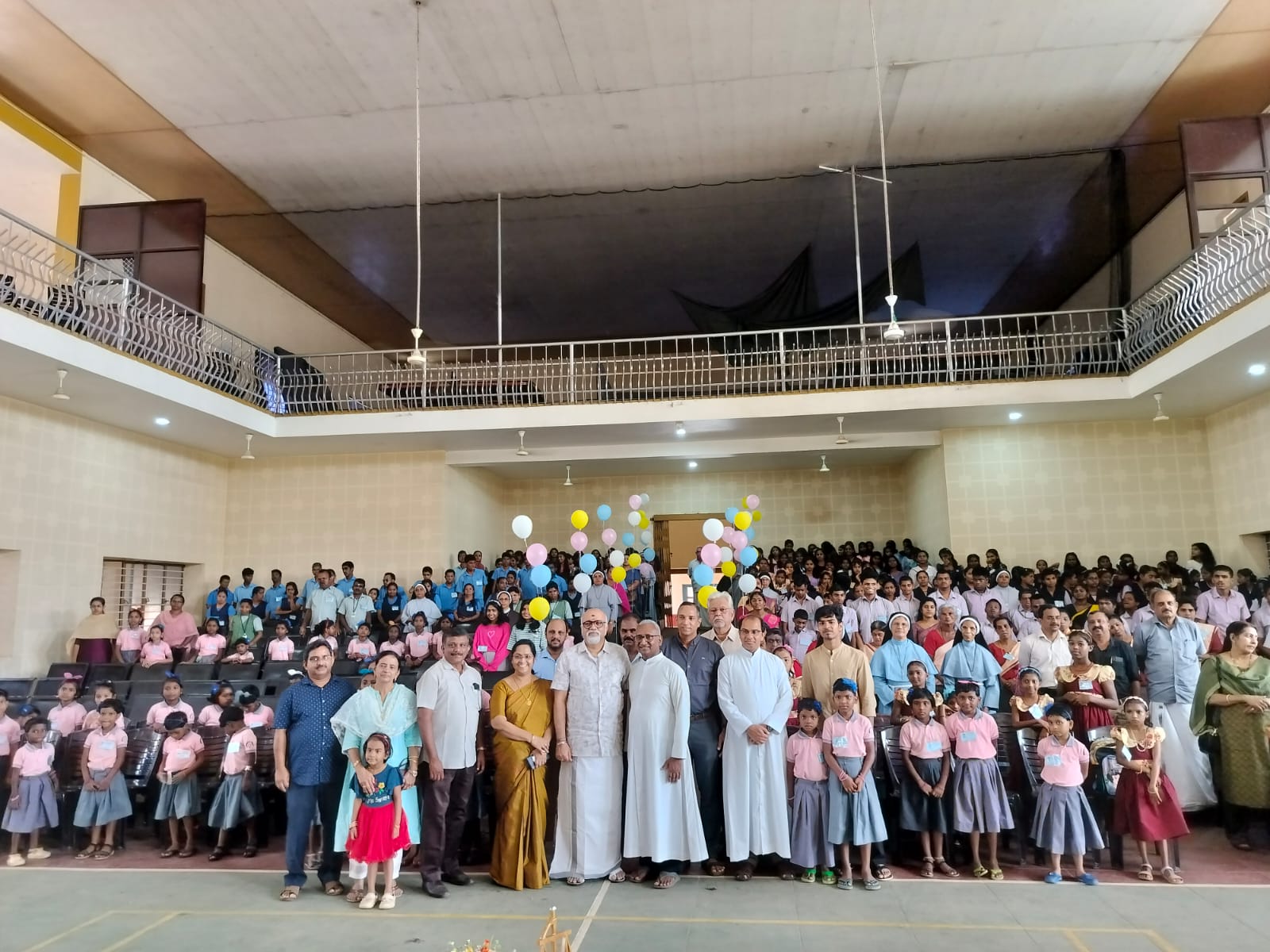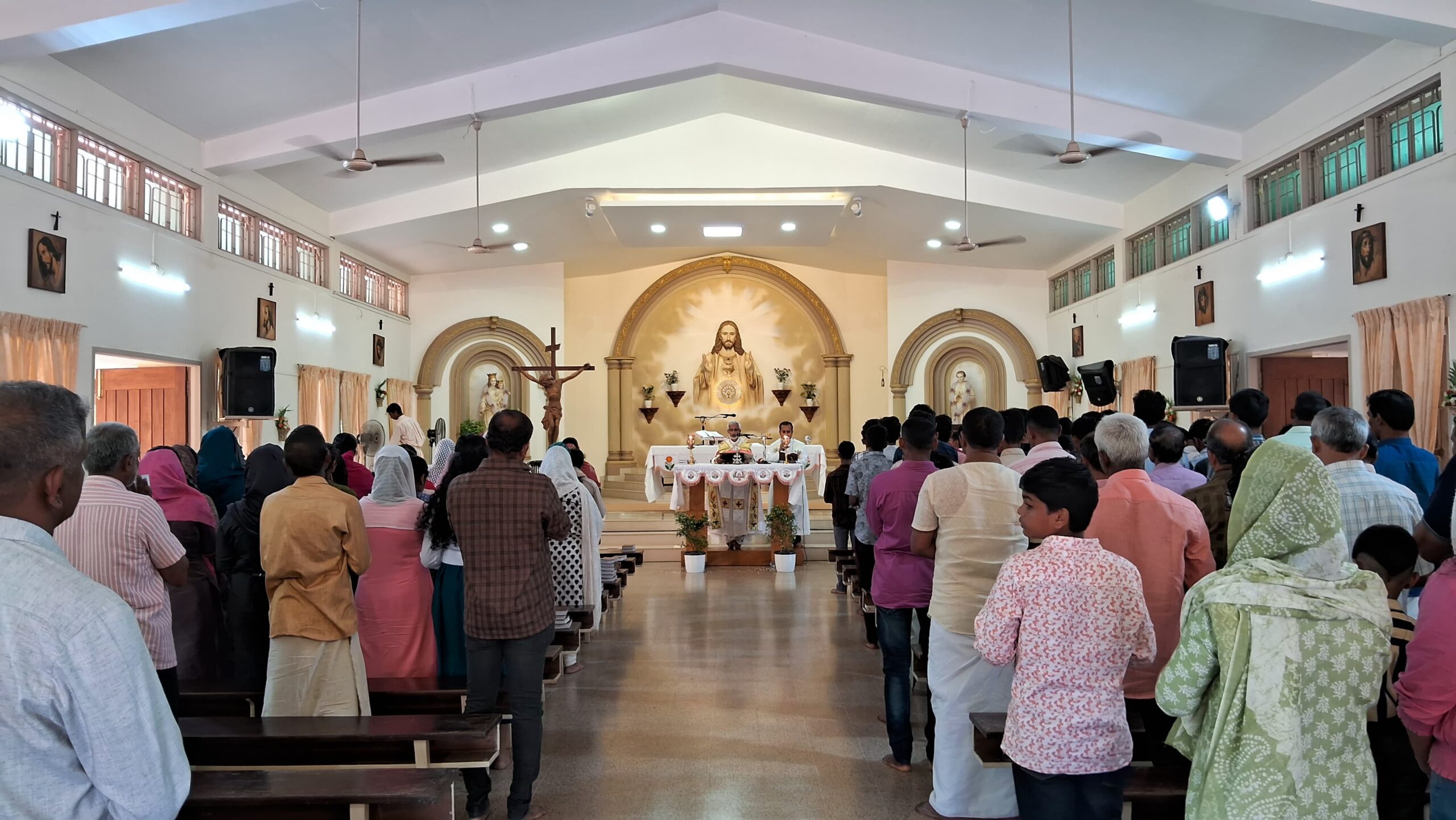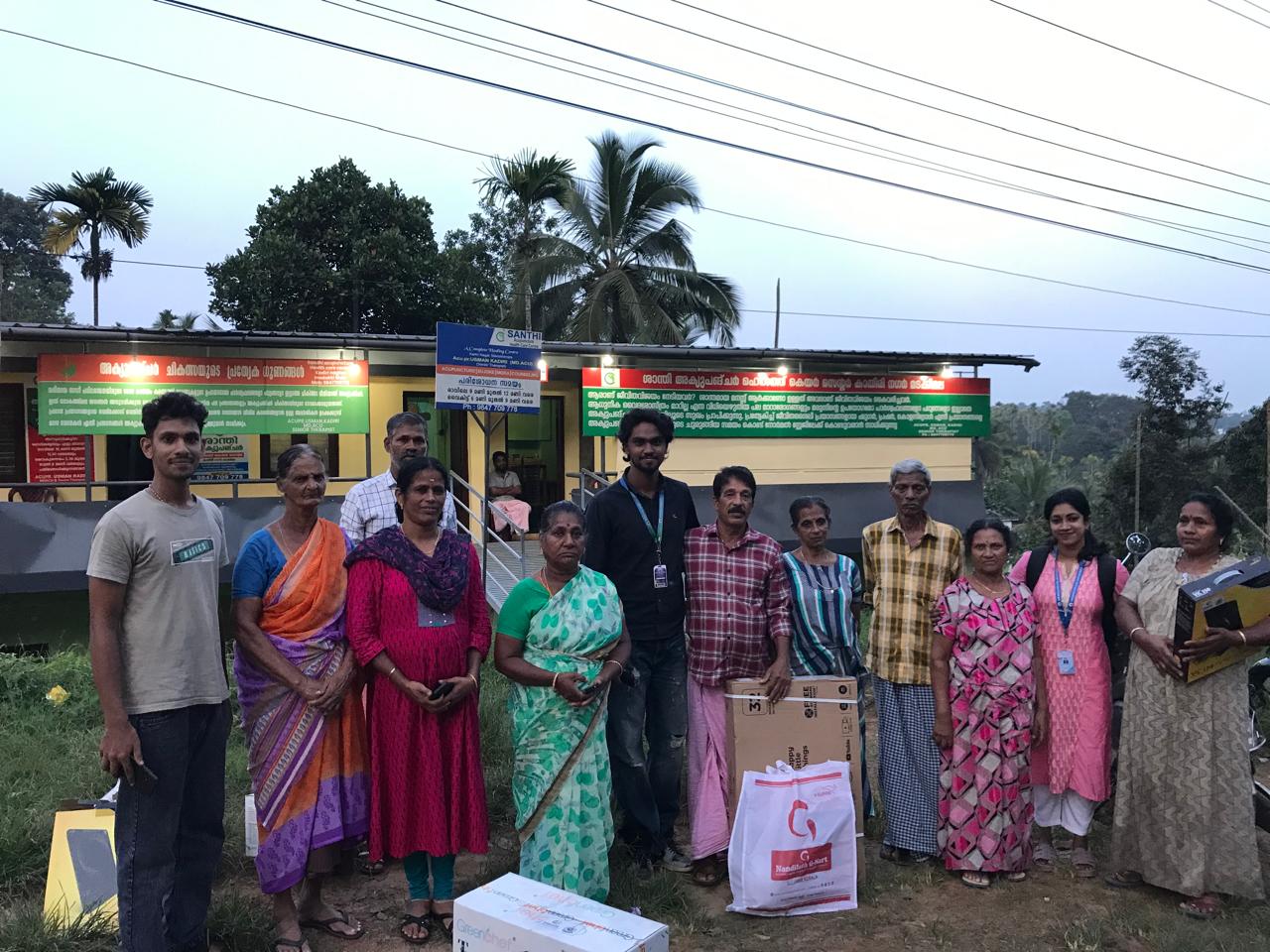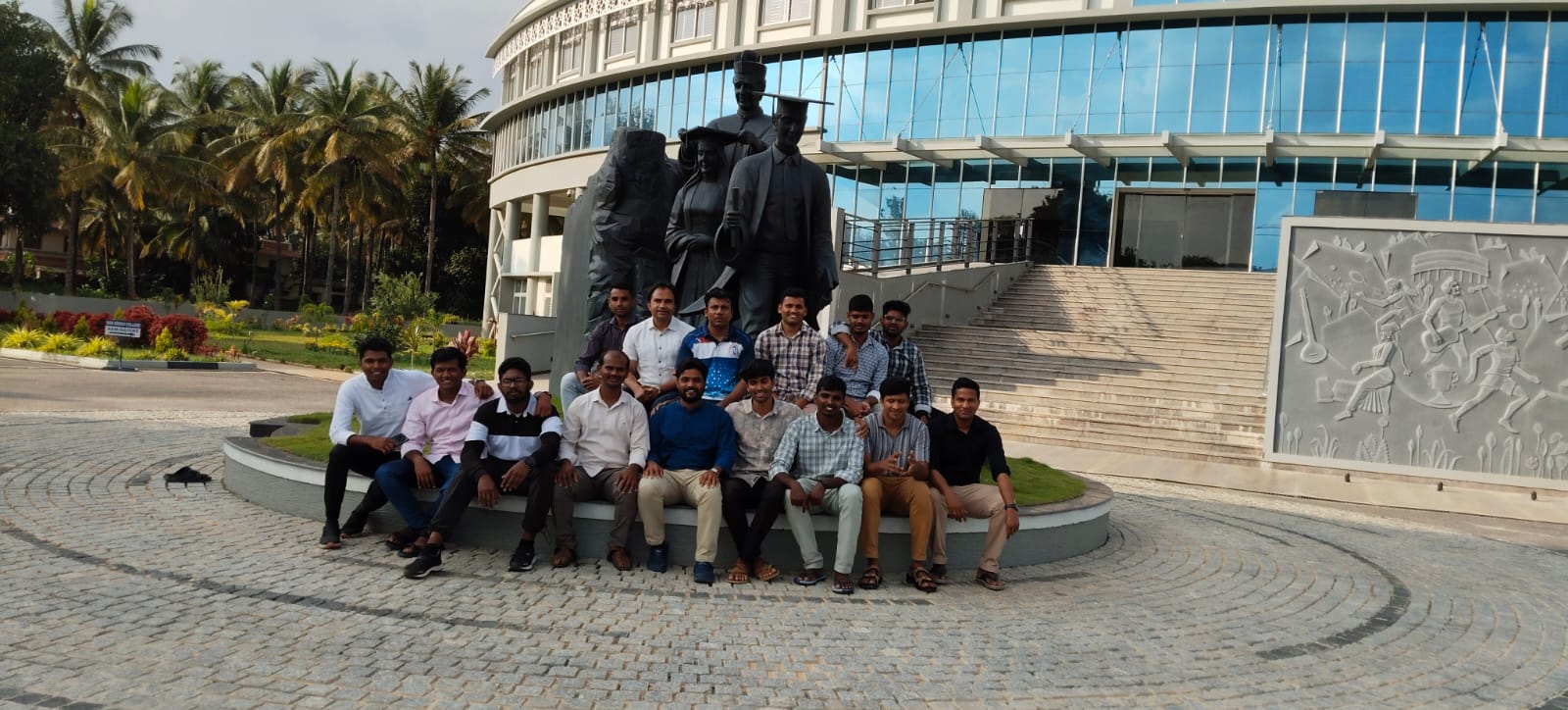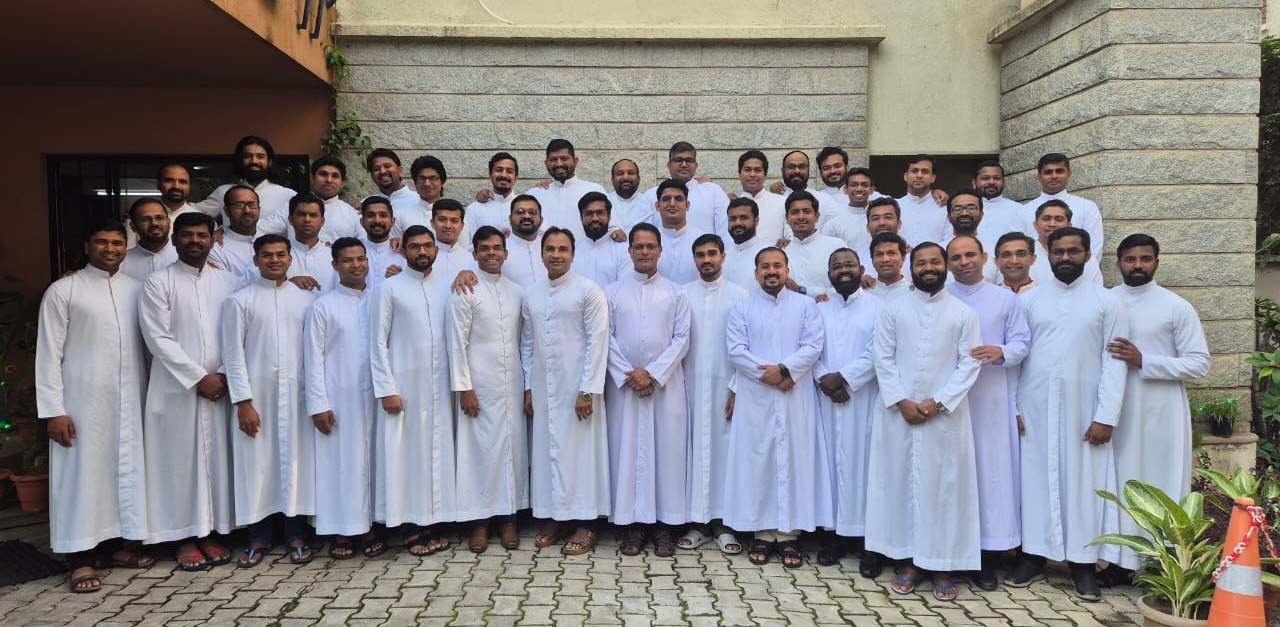
Salesian Administration
Since the 1st of April marks the beginning of the new financial year, I thought it appropriate that we discuss our religious administration in this April circular. Recently, Rev. Br Jean Paul Muller released the Economic Directory of our Province during the Economers’ Meeting in Vaduthala. Fr. Joy Nedumparambil, our Provincial Economer, had been working on it for some time and now each of us has a copy of this manual of economic and financial policies. It is the first one of its kind among the provinces in our region. I congratulate and thank Fr. Joy for the pains he has taken to prepare it very well and also Fr. George Payyamthadathil his predecessor who initiated the process during his tenure. Having gone through the manual, I thought of sharing the first part of the book for reflection on our administration.
Salesian Administration is not merely the management of assets and funds but is an integral part of our Mission, because to a great extent, it structures our personal lives, the life of the community, and the way we carry out our Mission, which must reflect the context of poverty and the commitment to our vow of poverty (GC 25,35; C.78). Through guidance and facilitation of decision making, the Directory can support confreres to live their commitment, striving for “Prophetic austerity in the personal style of life of the confreres and of the Communities, and openness and accountability in the use of money and the application of the means put at our disposal by Providence” (cf. AGC 380, page 55). Thus, the Economic Directory of the Province can help us live our consecration and mission more authentically, and hence it would be worth the time to dedicate a few minutes to reflect on this topic.
Characteristics of Salesian Administration
Salesian Mission at the Service of the Poor and the Young: “Our mission is a sharing in that of the Church …by bringing to men the message of the Gospel which is closely tied in with the development of the temporal order…” (C.31). We are called “to be in the Church, signs and bearers of the love of God for young people, especially those who are poor” (C.2). The style of our administration needs to be such that we not only work for the poor and the young, but also that the poor and the young feel welcome in our institutions. Our style of relationships is such that it is clear to all that we take sides with the poor. “Don Bosco saw clearly the social implications of his work… We labour in economically depressed areas and for poor youth. We cooperate with those who are trying to build a society more worthy of man’s dignity.” (C.33).
The Mission is Entrusted to the Community: “The apostolic mandate which the Church entrusts to us is taken up and put into effect in the first place by the provincial and local communities. The members have complementary functions and each of their tasks is important. …pastoral objectives are achieved through unity and joint brotherly responsibility” (C.44). Articles 190 of the Constitutions and 198 of the Regulations insist on the communitarian dimension of administration when they insist that “all temporal goods are administered respectively by the Economer General and by the Provincial and local Economers, under the direction and control of the respective superiors and councils.”
The Administration follows Preventive System Methods: Salesian administration will be unique in as much as it reflects the spirituality of Don Bosco’s preventive system, some of the salient characteristics of which are the following:
Reason, Religion and Loving Kindness: “‘This system is based entirely on reason, religion and loving kindness. Instead of constraint, it appeals to the resources of intelligence, love and the desire for God, which everyone has in the depths of his being” (C.38). Trust and Dialogue: “It [the Preventive System] brings together educators and youngsters in a family experience of trust and dialogue” (C.38). Spontaneity: An aspect of the Salesian Spirit that needs to come into focus is a spontaneity that develops in the young in the Salesian educative ambient. Administrative structures and rules need to promote this spontaneity among the young, the staff and all who come into contact with us. Initiative and Apostolic Creativity: “Timely response to these needs requires him [the Salesian] to keep abreast of new trends and meet them with the well-balanced creativity of the founder …” (C.19). When we are convinced that administration is at the service of the mission, our style of administration will become adapted to the changing needs and challenges of the mission, contributing to, being open to and encouraging new initiatives, possible as well as viable (RM On Structures 3.6 of AGC 392). Availability: An important characteristic is availability to those whom the Salesians serve. This is particularly true of those in administration, whose privilege it is to serve. People recognise our readiness to serve when they see that we are available. Being Present and Accompanying the Young: “Imitating God’s patience, we encounter the young at their present stage of freedom. We then accompany them, so that they may develop solid convictions and gradually assume the responsibility for the delicate process of their growth as human beings and as men of faith” (C.38). Family Spirit: “Don Bosco wanted everyone to feel at home in his establishments. The Salesian house becomes a family when affection is mutual and when all, both confreres and young people, feel welcome and responsible for the common good” (C.16). The challenge is to adopt the best administrative practices and at the same time maintain the Salesian Family atmosphere with a sense of belonging, involvement, mutual respect and personal responsibility. Salesian administration will always manifest a human face, promoting growth and development as in healthy families.
The Valdocco experience: “Don Bosco lived a pastoral experience in his first oratory which serves as a model; it was for the youngsters a home that welcomed, a parish that evangelised, a school that prepared them for life, and a playground where friends could meet and enjoy themselves.” Our institutions are to be organised and administered in such a manner as to continue the Valdocco style and spirit. Administration that is educative is one of the most important characteristics of Salesian pedagogy and is intimately linked with the process of accompanying. Everything we do is pedagogical, so too our administration. Let it be good pedagogy. Getting things done is important and getting it done in an educative manner is also important. Leading rather than being Led: Today the temptation is to be pulled along with the globalising ways of the market economy and its values of consumerism and individualism. Rather than be carried away by the trends of the day, Don Bosco used every means available to give primacy to the Gospel in everything and in that way reach
out to the poor youngsters. Self-Directed: Our administrative structures need to provide an ambience where the young will develop their full potential without any trace of dependency. We actively promote people to become self-directed rather than other-directed. Herein we see the true spirit of Freedom that the young seek: a freedom to develop their full potential to maturity rather than a freedom without responsibility. Evangelising: The Gospel values practised in the process of administration and the Gospel style of relationships will be the finest witness a community can give and the greatest support for its evangelising task.
A Society of Clerics and Lay People with Complementary Roles: While article 4 of the Constitutions tells us that our society is made up of clerics and laymen who complement each other as brothers in living the same vocation, article 45 reminds us that ‘the significant and complementary presence of clerical and lay Salesians in the Community constitutes an essential element of its makeup and of its apostolic completeness.’ This is also to be understood in the context of our administration and its various related roles.
Professional and Prophetic: Article 118 of the Constitutions invites every Salesian to develop professional competence as part of our ongoing formation. It is one of the greatest challenges of modern management and administration today to carry out activities or projects professionally as well as prophetically. Only then will we be true to the Gospel that we profess.
• The call to be prophetic is also a call to be relevant. “The Salesian is called upon to be a realist and to be attentive to the signs of the times, convinced that the Lord manifests His will also through the demands of time and place” (C.19).
• Service, not Commerce: Today all services, including education, are commercialized. This is a far cry from Don Bosco’s call of ‘Da Mihi Animas Cetera Tolle”. The Salesian administration needs to gear itself to challenges from the commercial world and maintain the educational and pedagogical relevance of our institutions. People matter.
This last point is particularly relevant in our world today as administration has become quite complex because of multiple regulations and compliances imposed by the government. We must build professional capacity in our organisations – of Salesians as well as non-Salesians. We must be willing to learn what is required and comply with the law (it is not an option), and the Directory is an important instrument for this purpose. I would urge you all to become familiar with it and follow its guidelines. The challenge is to hold fast to Gospel ideals even as we navigate different situations and decisions, knowing that it is our competence in the required skills that will be the key to our becoming true prophets in this modern day. We do have the great example of Don Bosco in this aspect, who was remarkable in his capacity to straddle the arduous demands of ordinary life along with the call of the Gospel, responding with creativity and zeal in all he did. May he be our guide and support!
-
THE SACRED H...
04 August 2024 -
THE SPIRITUA...
04 August 2024 -
EMBRACING EA...
04 August 2024 -
ST. JOSEPH: ...
04 March 2024 -
Dream of Don...
22 January 2024 -
THE EDUCATIV...
08 September 2023 -
INTEGRATION ...
11 May 2023 -
Salesian Adm...
10 April 2023 -
REKINDLING A...
09 March 2023 -
AN INVITATIO...
24 February 2023



